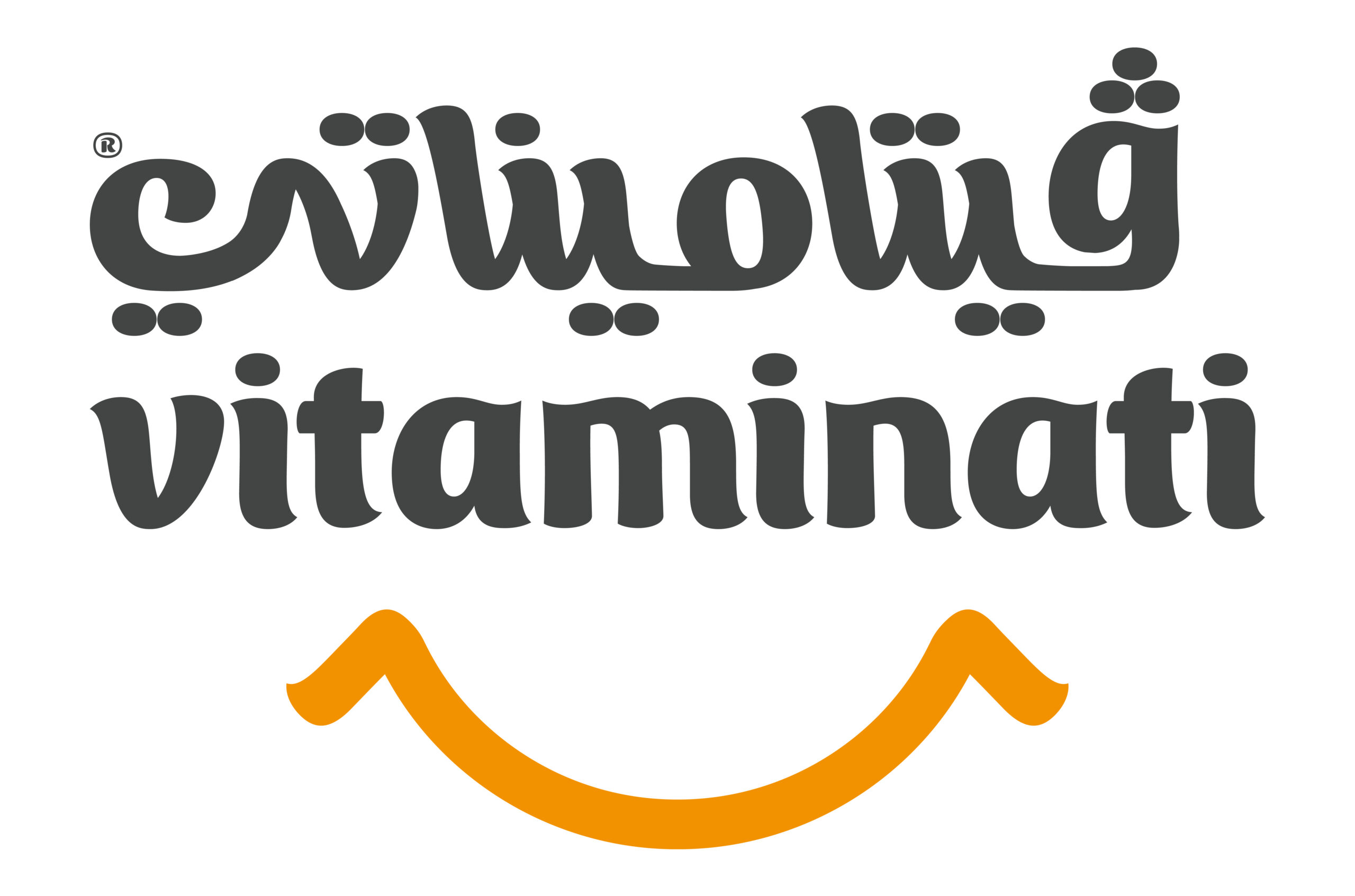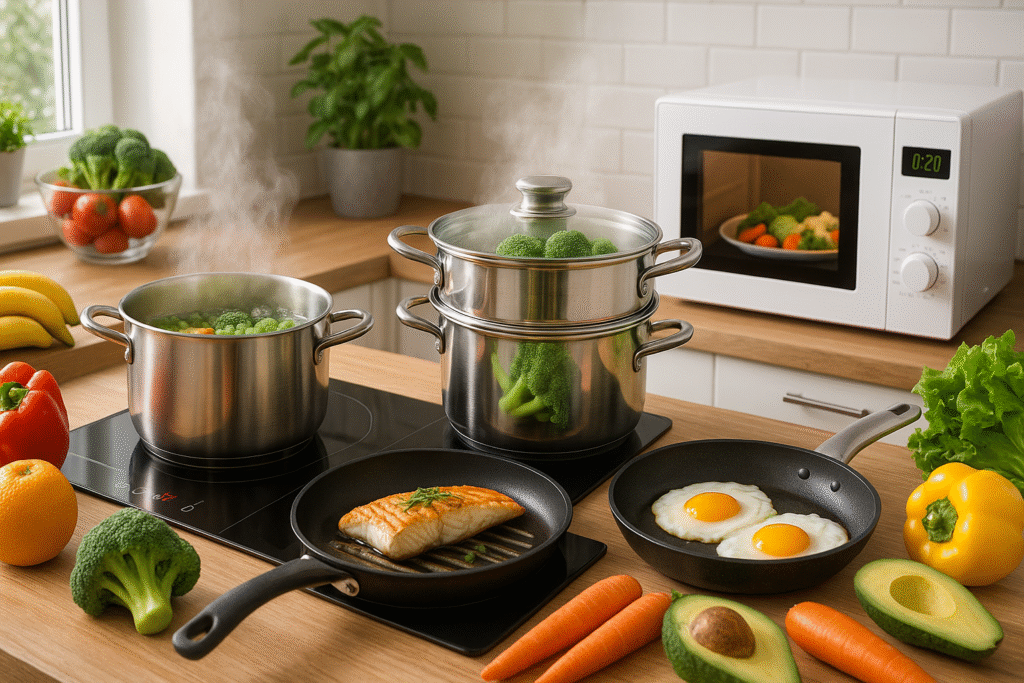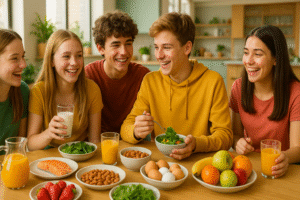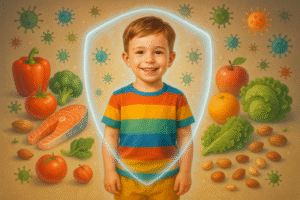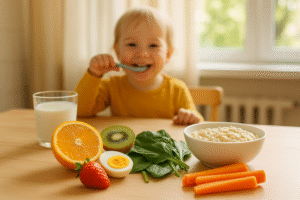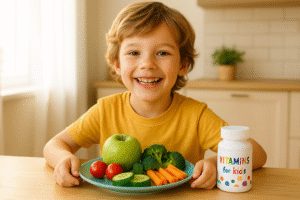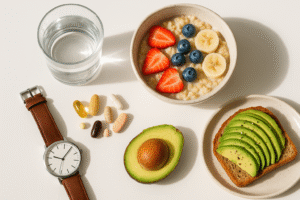Table of Contents
ToggleWhy Does Cooking Affect Nutritional Value?
Cooking transforms food in many positive ways — it enhances taste, softens textures, and eliminates harmful bacteria. However, it also affects the nutritional content of foods, particularly vitamins. The effect of cooking on vitamins depends on several factors, including temperature, cooking time, and exposure to air or water.
Heat, water, and oxygen play critical roles in determining how well foods retain their nutrients. Water-soluble vitamins like vitamin C and the B-complex group are especially sensitive to these factors, while fat-soluble vitamins such as A, D, and E are more stable during cooking.
Water-Soluble vs. Fat-Soluble Vitamins:
To understand the effect of cooking on vitamins, it’s essential to know the difference between water-soluble and fat-soluble vitamins.
Water-soluble vitamins, including vitamin C and all B vitamins, dissolve easily in water. When food is boiled, these vitamins can leach into the cooking water and get lost. That’s why foods cooked in large amounts of water often contain fewer vitamins.
Fat-soluble vitamins, such as A, D, E, and K, on the other hand, are stored in the body’s fatty tissues and are absorbed with dietary fats. These are more resistant to heat but can still degrade if exposed to very high temperatures or poor-quality oils during frying.
Why Do Some Vitamins Lose Their Value During Cooking?
The effect of cooking on vitamins is mostly due to their delicate chemical nature. Vitamins are organic compounds, and some are unstable when exposed to heat, oxygen, or light.
Here are the main causes of vitamin loss during cooking:
-
High heat destroys fragile vitamins such as C and some B vitamins.
-
Excess water dissolves and washes away water-soluble nutrients.
-
Oxygen causes oxidation, reducing vitamin potency (especially vitamins C and E).
-
Long cooking times increase nutrient degradation significantly.
Thus, the loss of vitamins is not due to cooking itself but rather the method and duration used.
Effect of Cooking on Specific Vitamins:
Certain vitamins are far more sensitive than others.
-
Vitamin C is the most heat-sensitive of all. Boiling vegetables can result in a 50–70% loss of vitamin C.
-
Vitamin B1 (Thiamine) degrades quickly during prolonged boiling.
-
Vitamin B12, found in animal products, can be destroyed by excessive frying or roasting.
-
Vitamins A, D, and E, being fat-soluble, are relatively stable but may oxidize at very high temperatures or when fried in poor-quality oils.
According to the U.S. National Library of Medicine, gentle steaming or short microwave cooking can retain up to 90% of vitamin C content, while boiling often cuts it in half.
Effect of Cooking on Vitamins, Boiling and Vitamin Loss:
Boiling causes significant nutrient loss, especially for water-soluble vitamins. When vegetables are submerged in water, many vitamins dissolve and are discarded when the water is poured out. To reduce this, always use a small amount of water, and cook for the shortest possible time. Even better, use the leftover cooking water in soups or sauces to recapture some nutrients.
Effect of Cooking on Vitamins, Frying and Vitamin Loss:
Frying, when done correctly, can retain more vitamins than boiling because the exposure time to heat is shorter. However, prolonged or deep frying destroys heat-sensitive vitamins and increases fat absorption. Always use stable, high-quality oils like olive or avocado oil, and cook foods quickly at moderate heat.
Effect of Cooking on Vitamins, Steaming and Vitamin Preservation:
Steaming is one of the best methods to minimize the effect of cooking on vitamins. Since the food does not directly touch water, nutrients remain largely intact. Steaming preserves bright colors, crisp textures, and up to 90% of sensitive vitamins like C and B1. It’s particularly ideal for vegetables, greens, and fish.
Grilling and Vitamin Stability:
Grilling helps retain most vitamins, provided the food is not exposed to heat for too long. The key is to avoid burning or over-charring, as that can produce harmful compounds. Quick grilling at medium temperatures maintains both flavor and nutritional value.
Microwave Cooking and Vitamins:
Despite popular myths, microwaving is actually one of the most efficient ways to preserve vitamins. It’s fast and uses very little water, preventing leaching and oxidation. Studies show that microwave cooking retains nearly all of the vitamin C and B complex in vegetables when compared to boiling or baking.
Does the Nutritional Value Always Change After Cooking?
Not always! Some nutrients become more bioavailable — meaning your body can absorb them more easily — after cooking.
-
Carrots release more beta-carotene when cooked.
-
Tomatoes produce more lycopene, a powerful antioxidant, after heating.
So, while cooking may reduce some vitamins, it can also improve the availability of other beneficial nutrients.
What Affects Vitamin Absorption in the Body?
Vitamin absorption depends on whether they are water-soluble or fat-soluble.
Water-soluble vitamins dissolve directly in the bloodstream and any excess is excreted through urine. Hence, they need regular replenishment through diet.
Fat-soluble vitamins, however, require dietary fats for absorption and can be stored in the body for longer periods.
For best absorption, combine vegetables with healthy fats such as olive oil, nuts, or avocado.
How Food Processing Impacts Vitamins?
Modern food processing methods — such as canning, freezing, and long-term storage — greatly affect vitamin levels.
-
Freezing generally preserves nutrients if done quickly.
-
Canning often causes major losses of vitamins C and B1 because of the high temperatures used for sterilization.
-
Storage under poor conditions (light, heat, or air exposure) also reduces vitamin levels before cooking even begins.
According to the World Health Organization (WHO), consuming fresh or freshly frozen foods is the best way to maintain vitamin quality.
Best Cooking Methods to Preserve Vitamins:
To maintain nutritional value and flavor, follow these cooking strategies:
-
Prefer steaming and microwaving over boiling.
-
Use quick stir-frying for vegetables with stable oils.
-
Cook at moderate heat and avoid long durations.
-
Keep lids on pots to reduce oxygen exposure.
-
Always eat a mix of raw and cooked foods for balance.
Practical Tips to Reduce Vitamin Loss:
-
Use as little water as possible while cooking.
-
Don’t overcook — every extra minute reduces nutrients.
-
Add vegetables to already boiling water.
-
Store cooked food for short periods only.
-
Eat fresh fruits and salads regularly.
-
Use non-reactive cookware like stainless steel or glass.
Conclusion: Balancing Cooking and Health.
The effect of cooking on vitamins depends directly on the method, temperature, and duration used. While excessive heat and water can destroy sensitive nutrients, gentle techniques like steaming and microwaving help retain most of them.
Ultimately, the key is balance — mix raw and cooked foods, choose healthy fats, and avoid overcooking. By adopting smart cooking habits, you can enjoy flavorful meals without compromising on nutrition.
🔗 Trusted Source: World Health Organization (WHO) – Healthy Cooking and Nutrition
Frequently Asked Questions (FAQs):
- Which vitamin is most affected by cooking?
Vitamin C is the most sensitive and can be destroyed by heat, water, and oxygen. - Does steaming preserve vitamins?
Yes, steaming preserves up to 90% of nutrients since food doesn’t contact water. - Does microwave cooking destroy vitamins?
No, microwave cooking actually helps retain more vitamins than boiling. - Does frying cause vitamin loss?
Quick frying causes minimal loss, but deep frying can degrade sensitive vitamins. - Do all vitamins get destroyed during cooking?
No, some vitamins like beta-carotene and lycopene become more available after cooking. - How can I preserve nutrients while cooking?
Cook quickly, use minimal water, and avoid overboiling or reheating food. - What’s the difference between water-soluble and fat-soluble vitamins?
Water-soluble vitamins dissolve in water and aren’t stored; fat-soluble ones need fat and are stored in body tissues. - Does cooking always reduce nutritional value?
Not always. Cooking can actually make certain antioxidants and nutrients more bioavailable. - What are the symptoms of vitamin deficiency?
- What is the role of vitamins in immunity?
PharmD with expertise in pharmaceuticals and a passion for making medical knowledge clear, accurate and accessible to all
